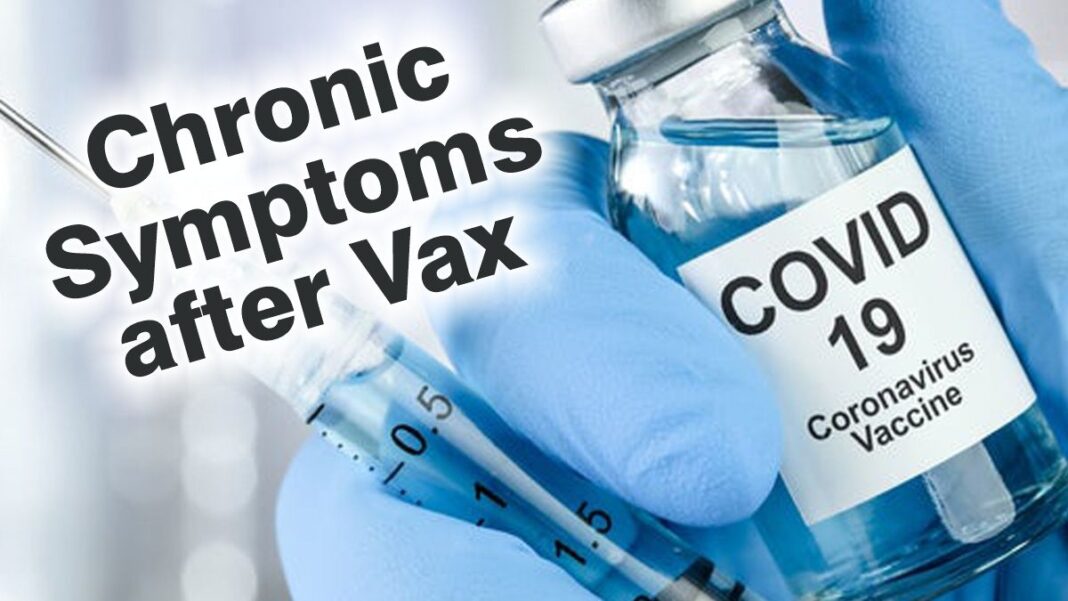Growing number of Republicans rate immigration and terrorism as top priorities
Ahead of the upcoming Nov. 5 presidential national elections, many Americans consider national security, crime, and immigration as top priorities.
About six-in-ten Americans view defending the country from future terror attacks (63%), dealing with immigration (57%) and reducing crime (58%) as top political priorities for the upcoming year. And while Americans’ overall views of these policy areas are largely unchanged over the past year, Republicans are more concerned than Democrats about each, according to Pew Research Center.
Among Republicans, concern about terrorism has risen 11 percentage points since last year (76% vs. 65%).
By comparison, about half of Democrats (51%) also view terrorism as a top priority this year (55% did so last year).
While reducing crime has changed little as a priority since last year, both parties have become more concerned about it since the start of Biden’s presidency.
About seven-in-ten Republicans (68%) rate crime reduction as a top political priority, up 13 points since 2021. And roughly half of Democrats (47%) do the same (up 8 points over this period).
Although majorities in both major parties share several top priorities – such as strengthening the economy, reducing the role of money in politics and ensuring Social Security is financially sound – there are large differences.
For instance, Democrats are substantially more likely than Republicans to prioritize protecting the environment (63% vs. 23%) and dealing with climate change (59% vs. 12%).
By comparison, Republicans are much more likely to prioritize dealing with immigration (76% vs. 39%) and strengthening the military (56% vs. 23).
The economy, budget deficit and job situation remain top concerns for many Americans across the political spectrum.
Large shares of Republicans and Republican-leaning independents (84%) and Democrats and Democratic leaners (63%) view strengthening the nation’s economy as a top priority this year, as they have for the past several years.
And while more Americans say the budget deficit is a top priority now than did when Biden first took office in 2021, their views are similar compared with last year (54% now vs. 57% then).
Republicans (68%) remain more concerned about the deficit than Democrats (40%).
By comparison, about half of the public (49%) – including nearly identical shares in both parties – view improving the job situation as a top priority.
Notably, few Republicans see climate change as a top priority for the country.Just 12% of Republicans and Republican-leaning voters say dealing with climate change should be a top priority for the president and Congress, according to a January 2024 survey. For Republicans, dealing with climate change ranks last among the 20 issues included in the survey.
Consistent with this view, Republicans express limited concern about how climate change may impact the United States. In a spring 2022 survey, only 23% saw
climate change as a major threat to the country’s well-being.
By contrast, 59% of Democrats and Democratic-leaning independents say climate change should be a top priority for the president and Congress. An even larger majority (78%) views it as a major threat to the U.S.
According to Monmouth University, most Americans now support building a border wall. Public concern about illegal immigration is higher during President Joe Biden’s term than it was under the prior two administrations, according to the latest national Monmouth University poll. Nearly half say the bipartisan border deal that was blocked in the U.S. Senate earlier this month is not tough enough on illegal immigration.
More than 8 in 10 Americans see illegal immigration as either a very serious (61%) or somewhat serious (23%) problem. The 6 in 10 who describe it as a very serious problem represents a jump from polls taken at the end of former President Barack Obama’s administration to the midpoint of former President Donald Trump’s term. Specifically, the view that illegal immigration poses a very serious problem for the country ranged between 43% and 49% from 2015 to 2019.
Aside from the top issues, the presidential candidates themselves each poll strongly among their own constituents.
As Gallup points out, Americans are in a rare position this year, choosing between two presidential candidates who have already served one term in the White House. The public is divided in its views on who would make a good president — Biden, Trump or neither of them, with few saying both.
While most Republicans and Democrats believe their own party’s candidate is the only one who would be a good president, many independents believe neither Biden nor Trump would be.
Those who do not like either candidate are more likely to say they will vote for a third-party candidate than settle for Trump or Biden. There are currently several third-party candidates in the race, including Robert F. Kennedy Jr., Cornel West and Jill Stein. While third-party candidates’ viability can depend on how many state ballots they get on, they can act as spoilers by pulling support from
major-party candidates – a concern for both the Trump and Biden campaigns this year.
Without a doubt, this year’s election will be divisive with voters’ concerned about these contentious issues and choosing between two highly polarizing candidates.





